Home / education / Ultimate Guide to Preparing for Study Abroad Visa Interviews: Tips for Success
Ultimate Guide to Preparing for Study Abroad Visa Interviews: Tips for Success
By: My India Times
4 minutes read 84Updated At: 2024-11-25
.jpeg)
Studying abroad is an exciting journey, but before you can embark on your adventure, one of the most crucial steps is securing a student visa. The visa interview can be intimidating, but with the right preparation, you can confidently navigate the process and increase your chances of approval. This guide provides essential tips and insights to help you ace your visa interview, whether you're applying for a US F-1 visa, a UK Student visa, or a study permit in countries like Germany or Australia.
Step 1: Understand the Visa Requirements and Categories
Each country has its own specific visa categories and requirements. It's vital to understand the nuances of the visa you're applying for before the interview.
- US F-1 Visa: Intended for full-time students at accredited US institutions. Applicants must show proof of sufficient financial support, a valid passport, and a confirmed admission to a school.
- UK Student Visa: For students wishing to pursue higher education in the UK. Applicants must prove they can pay tuition fees, living expenses, and have an offer from a licensed sponsor.
- Germany Study Permit: Applicants must demonstrate their ability to support themselves financially and have a solid academic plan in place.
- Australia Student Visa (Subclass 500): This requires proof of enrollment, sufficient funds, and health insurance coverage during your stay.
Step 2: Gather the Necessary Documentation
Having all your documentation in order is a key factor for a successful visa interview. Ensure you have the following documents ready:
- Valid Passport: It must be valid for at least six months beyond your planned stay.
- Acceptance Letter: From the educational institution you’ve been accepted to.
- Proof of Financial Support: Bank statements, affidavits of support, or scholarship letters showing that you can finance your education and living expenses.
- English Proficiency Test Scores: IELTS, TOEFL, or other required exams.
- Visa Application Form: Complete the form accurately and submit all required documents online (if applicable).
Step 3: Prepare for Common Visa Interview Questions
Visa officers often ask similar questions to determine your intent and eligibility. Practicing your responses in advance can help you answer confidently and clearly. Common questions include:
- Why do you want to study in [Country]?
- Why did you choose this particular university or program?
- How will this education help you in your future career?
- Do you have relatives in the country?
- How do you plan to finance your studies?
- What are your plans after completing your studies?
Be honest and concise in your answers. Visa officers are looking for genuine intent to study and a clear plan for after your education.
Step 4: Practice, Practice, Practice
Mock interviews with friends, family, or a counselor can help you become more comfortable answering questions. It’s also important to practice maintaining a calm demeanor and making eye contact during the interview. Stay polite and confident throughout the conversation.
Step 5: Be Ready to Address Financial Concerns
A significant portion of the visa interview revolves around your financial situation. Be prepared to explain how you plan to support yourself during your studies. Make sure your financial documents are well-organized and easy to understand.
- Show Solid Financial Planning: If you have a scholarship or sponsorship, make sure to bring proof of that support.
- Avoid Unclear Answers: Visa officers expect clarity regarding your finances. Ensure you can explain the source of your funds without hesitation.
Step 6: Be Honest and Transparent
Visa officers are trained to detect inconsistencies. Always be honest in your interview, especially when it comes to your academic background, financial situation, and plans after graduation. Misleading or dishonest answers can result in a visa refusal.
Step 7: Dress Appropriately and Arrive on Time
First impressions matter. Dress in formal or semi-formal attire to show that you take the interview seriously. Arrive at the visa office well in advance to avoid any last-minute stress.
Step 8: Be Prepared for Possible Delays or Follow-ups
Sometimes, the visa process might take longer than expected, and you may be asked to provide additional documents or attend a second interview. Stay patient and respond promptly to any requests.
Final Tips for Success
- Stay Calm: Visa interviews can be nerve-wracking, but maintaining composure can help you think clearly and answer questions confidently.
- Be Genuine: Visa officers appreciate candidates who are sincere and have clear, logical reasons for studying abroad.
- Follow Up: If you're given an opportunity to follow up with additional documents, ensure you do so within the given time frame.
Conclusion
Securing a student visa is a crucial step in your journey to studying abroad. By thoroughly preparing for the interview, understanding the visa requirements, and being honest and clear in your responses, you can significantly improve your chances of a successful application. Stay confident and focused on your goals—this interview is just one step toward achieving your dreams of studying abroad.
Good luck with your interview, and may your international education experience be rewarding!
....Studying abroad is an exciting journey, but before you can embark on your adventure, one of the most crucial steps is securing a student visa. The visa interview can be intimidating, but with the right preparation, you can confidently navigate the process and increase your chances of approval. This guide provides essential tips and insights to help you ace your visa interview, whether you're applying for a US F-1 visa, a UK Student visa, or a study permit in countries like Germany or Australia.
Step 1: Understand the Visa Requirements and Categories
Each country has its own specific visa categories and requirements. It's vital to understand the nuances of the visa you're applying for before the interview.
- US F-1 Visa: Intended for full-time students at accredited US institutions. Applicants must show proof of sufficient financial support, a valid passport, and a confirmed admission to a school.
- UK Student Visa: For students wishing to pursue higher education in the UK. Applicants must prove they can pay tuition fees, living expenses, and have an offer from a licensed sponsor.
- Germany Study Permit: Applicants must demonstrate their ability to support themselves financially and have a solid academic plan in place.
- Australia Student Visa (Subclass 500): This requires proof of enrollment, sufficient funds, and health insurance coverage during your stay.
Step 2: Gather the Necessary Documentation
Having all your documentation in order is a key factor for a successful visa interview. Ensure you have the following documents ready:
- Valid Passport: It must be valid for at least six months beyond your planned stay.
- Acceptance Letter: From the educational institution you’ve been accepted to.
- Proof of Financial Support: Bank statements, affidavits of support, or scholarship letters showing that you can finance your education and living expenses.
- English Proficiency Test Scores: IELTS, TOEFL, or other required exams.
- Visa Application Form: Complete the form accurately and submit all required documents online (if applicable).
Step 3: Prepare for Common Visa Interview Questions
Visa officers often ask similar questions to determine your intent and eligibility. Practicing your responses in advance can help you answer confidently and clearly. Common questions include:
- Why do you want to study in [Country]?
- Why did you choose this particular university or program?
- How will this education help you in your future career?
- Do you have relatives in the country?
- How do you plan to finance your studies?
- What are your plans after completing your studies?
Be honest and concise in your answers. Visa officers are looking for genuine intent to study and a clear plan for after your education.
Step 4: Practice, Practice, Practice
Mock interviews with friends, family, or a counselor can help you become more comfortable answering questions. It’s also important to practice maintaining a calm demeanor and making eye contact during the interview. Stay polite and confident throughout the conversation.
Step 5: Be Ready to Address Financial Concerns
A significant portion of the visa interview revolves around your financial situation. Be prepared to explain how you plan to support yourself during your studies. Make sure your financial documents are well-organized and easy to understand.
- Show Solid Financial Planning: If you have a scholarship or sponsorship, make sure to bring proof of that support.
- Avoid Unclear Answers: Visa officers expect clarity regarding your finances. Ensure you can explain the source of your funds without hesitation.
Step 6: Be Honest and Transparent
Visa officers are trained to detect inconsistencies. Always be honest in your interview, especially when it comes to your academic background, financial situation, and plans after graduation. Misleading or dishonest answers can result in a visa refusal.
Step 7: Dress Appropriately and Arrive on Time
First impressions matter. Dress in formal or semi-formal attire to show that you take the interview seriously. Arrive at the visa office well in advance to avoid any last-minute stress.
Step 8: Be Prepared for Possible Delays or Follow-ups
Sometimes, the visa process might take longer than expected, and you may be asked to provide additional documents or attend a second interview. Stay patient and respond promptly to any requests.
Final Tips for Success
- Stay Calm: Visa interviews can be nerve-wracking, but maintaining composure can help you think clearly and answer questions confidently.
- Be Genuine: Visa officers appreciate candidates who are sincere and have clear, logical reasons for studying abroad.
- Follow Up: If you're given an opportunity to follow up with additional documents, ensure you do so within the given time frame.
Conclusion
Securing a student visa is a crucial step in your journey to studying abroad. By thoroughly preparing for the interview, understanding the visa requirements, and being honest and clear in your responses, you can significantly improve your chances of a successful application. Stay confident and focused on your goals—this interview is just one step toward achieving your dreams of studying abroad.
Good luck with your interview, and may your international education experience be rewarding!
By: My India Times
Updated At: 2024-11-25
Tags: education News | My India Times News | Trending News | Travel News
Join our WhatsApp Channel




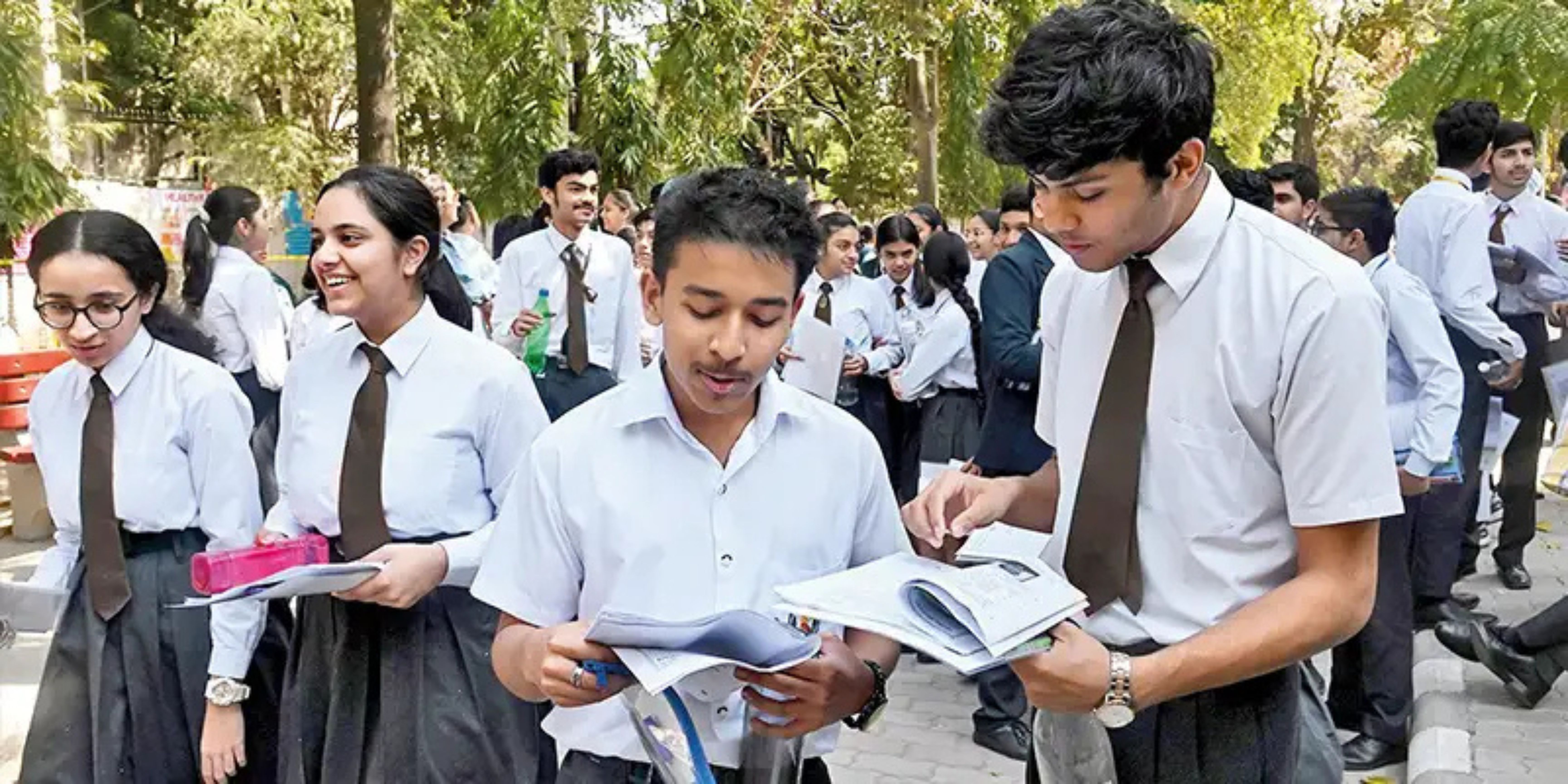
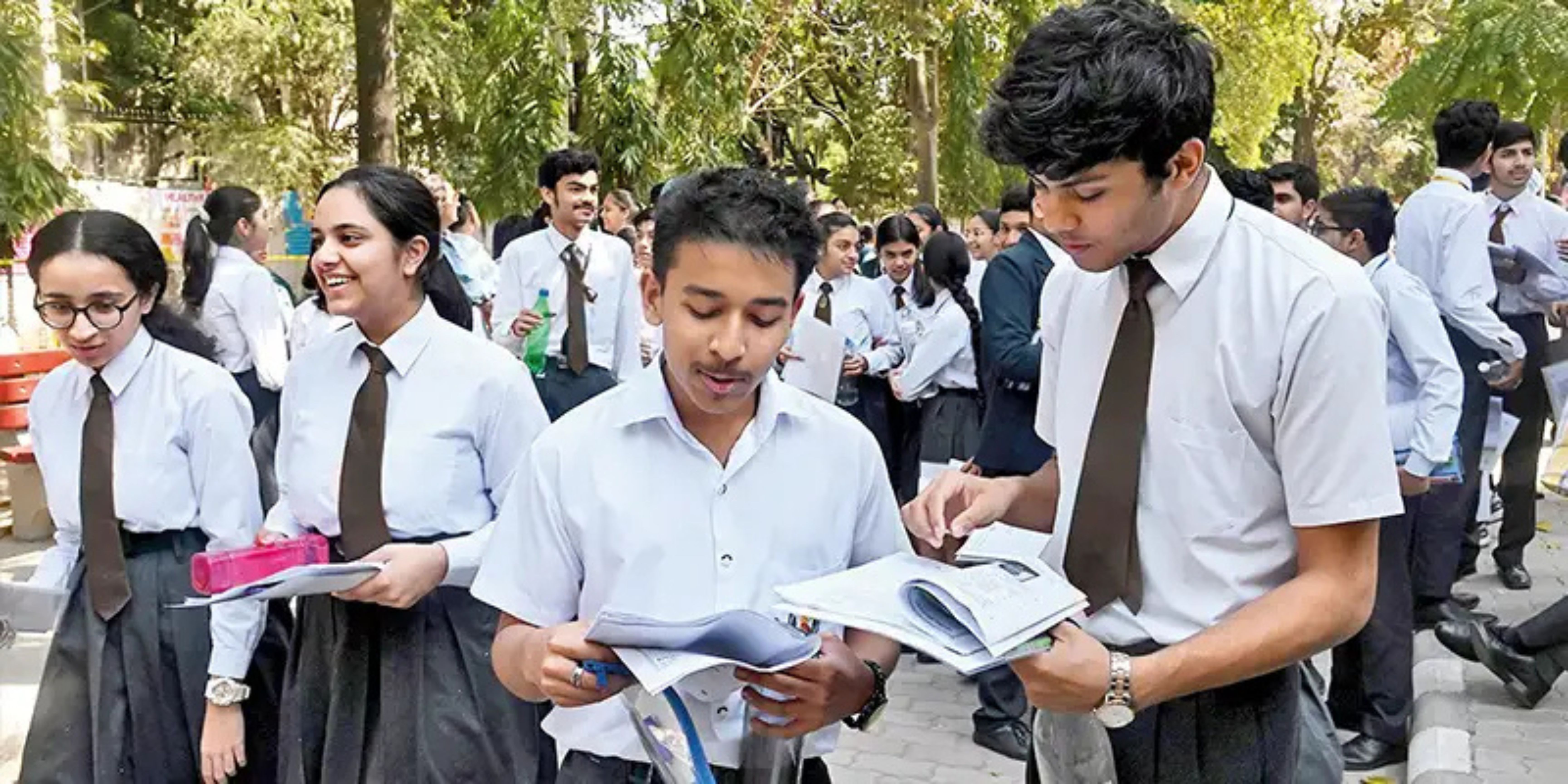



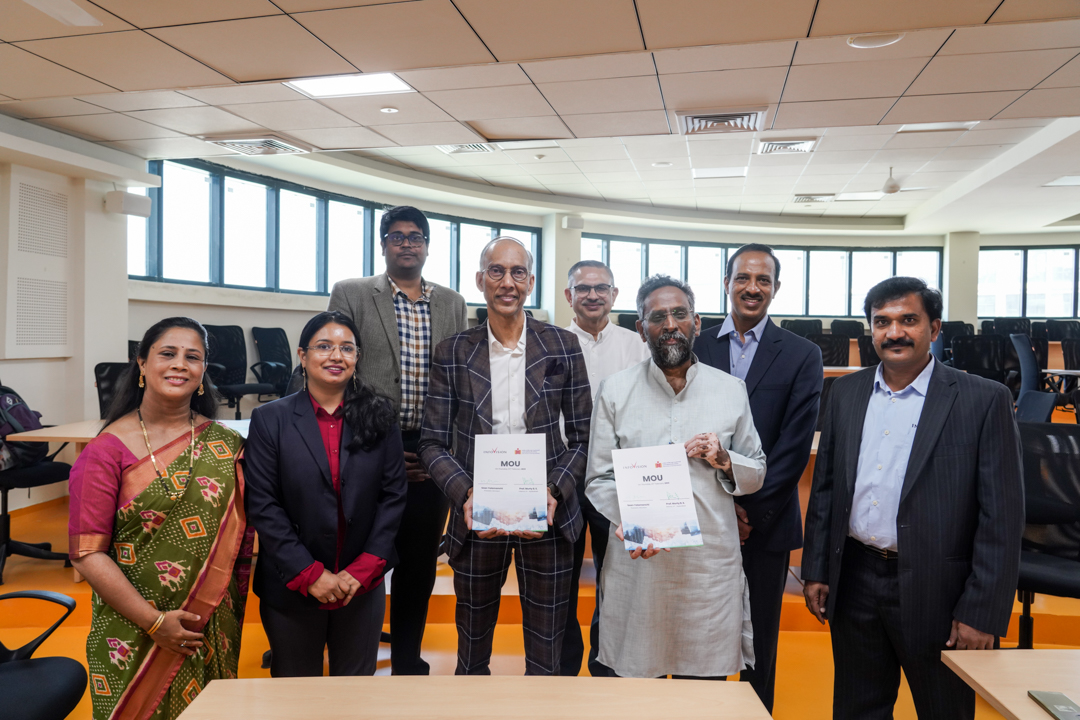
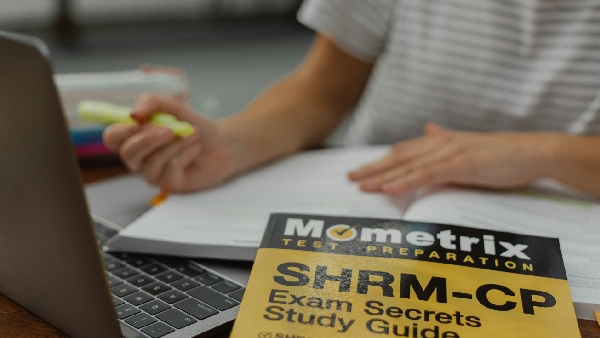
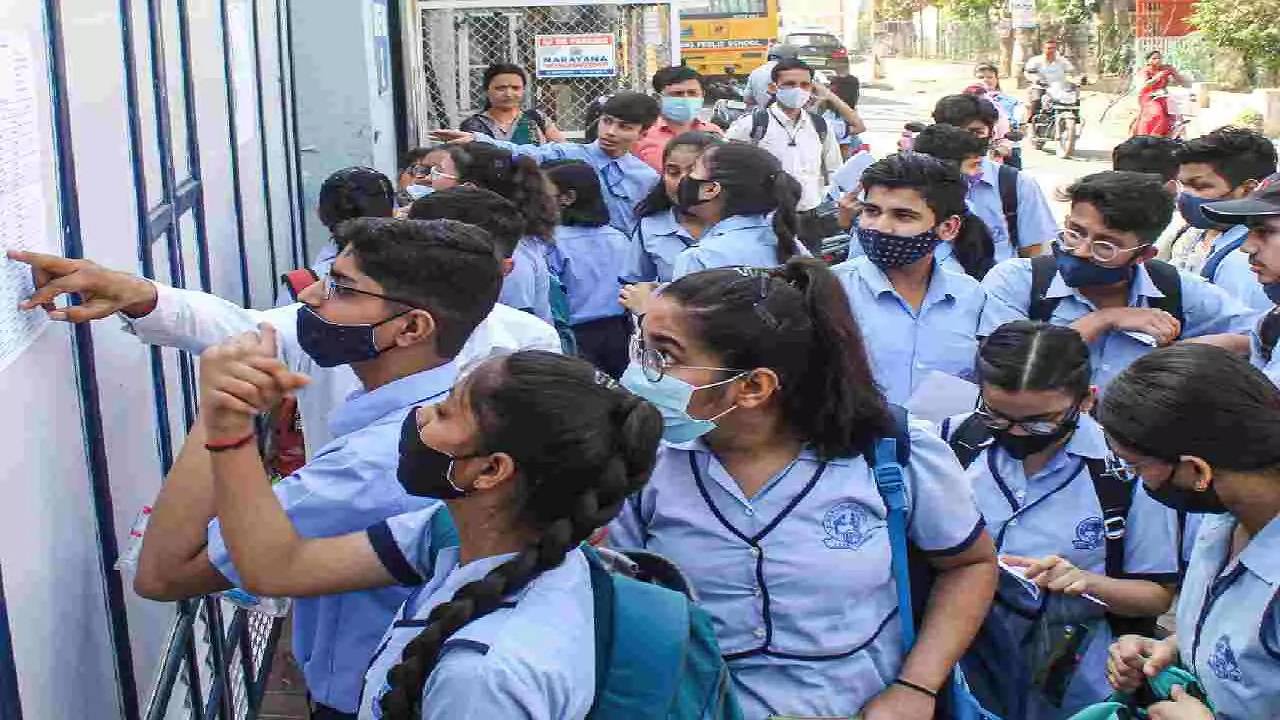

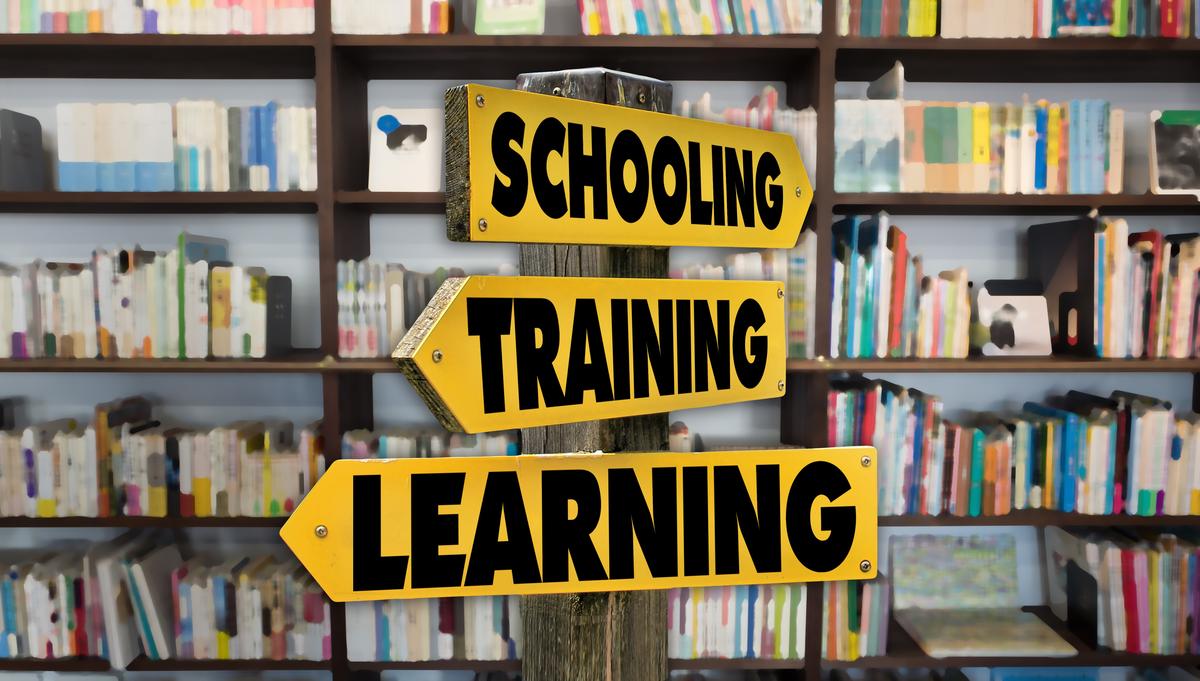
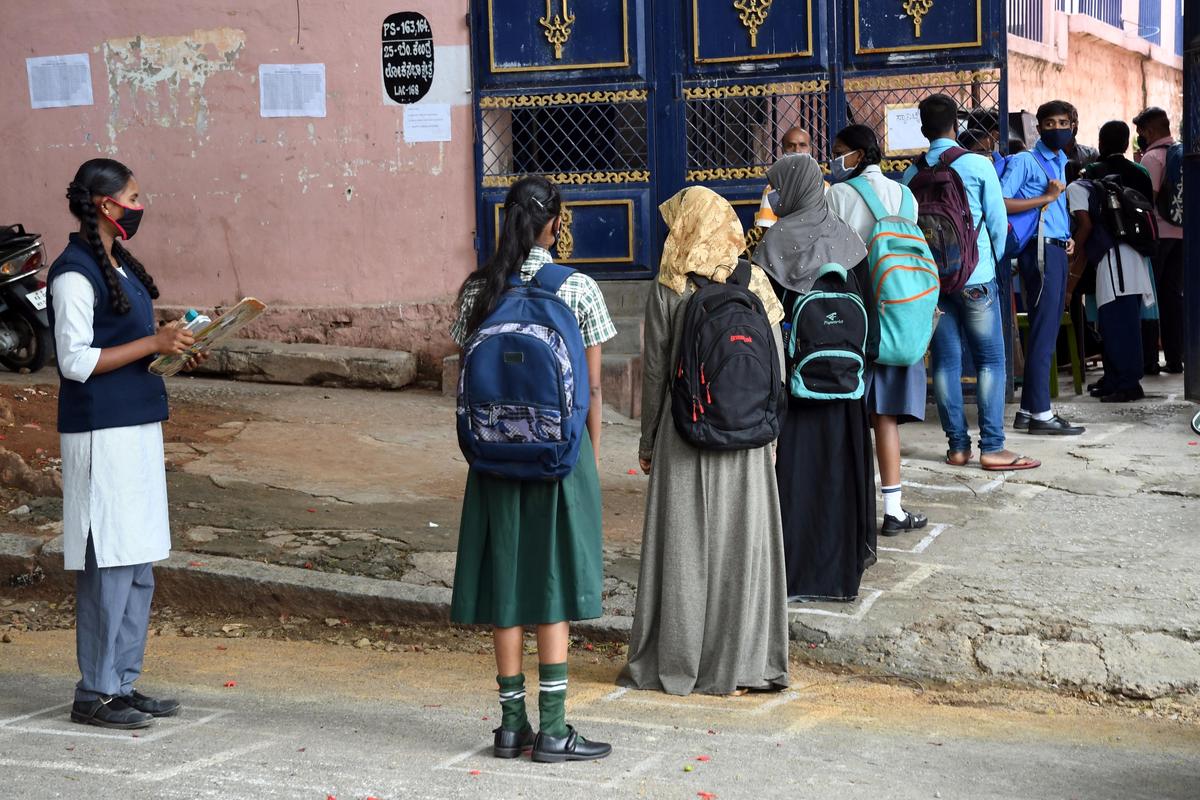
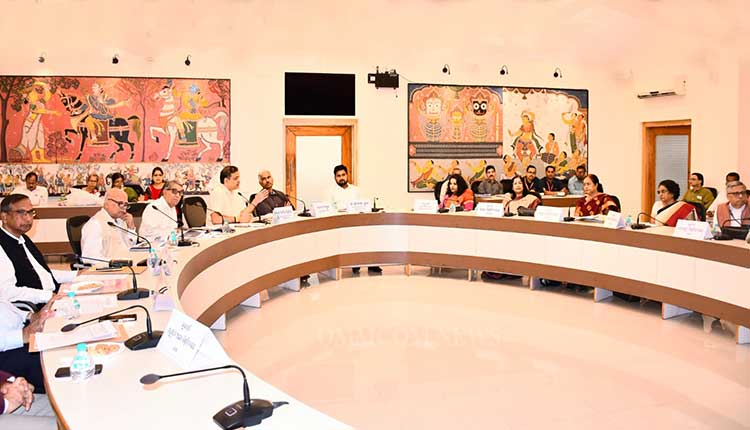
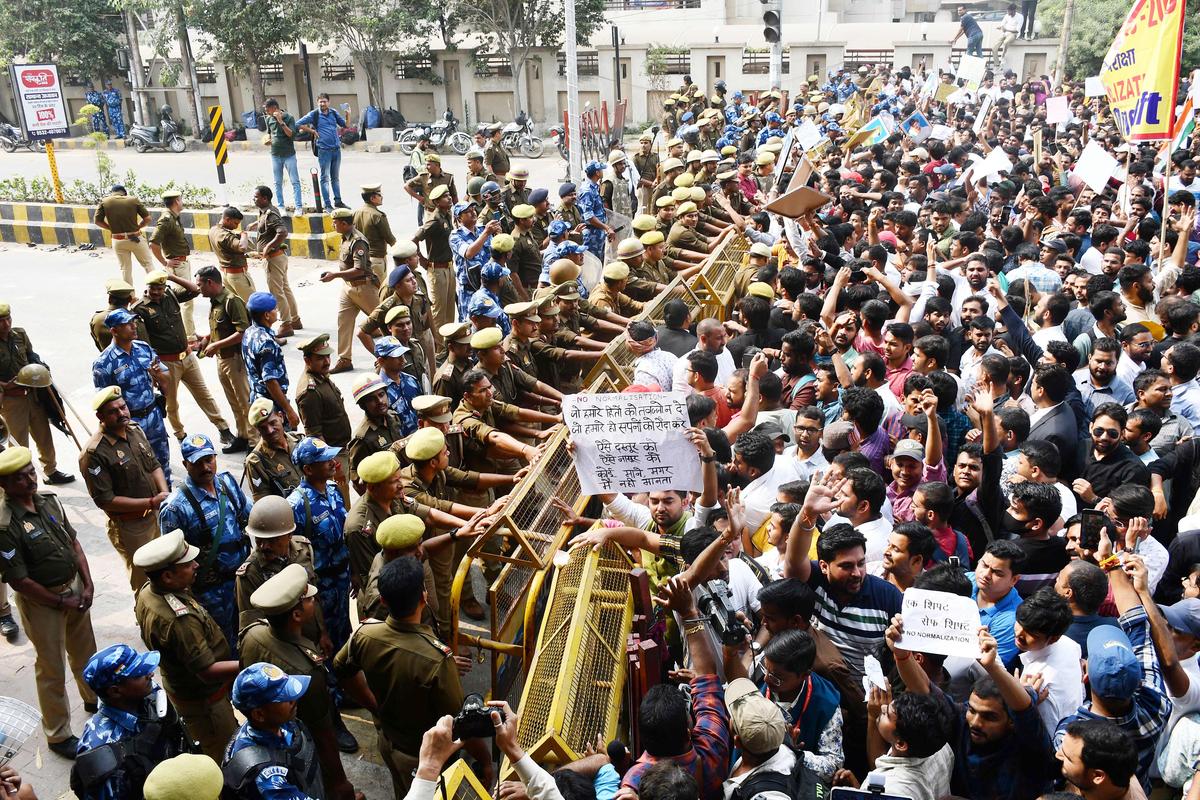
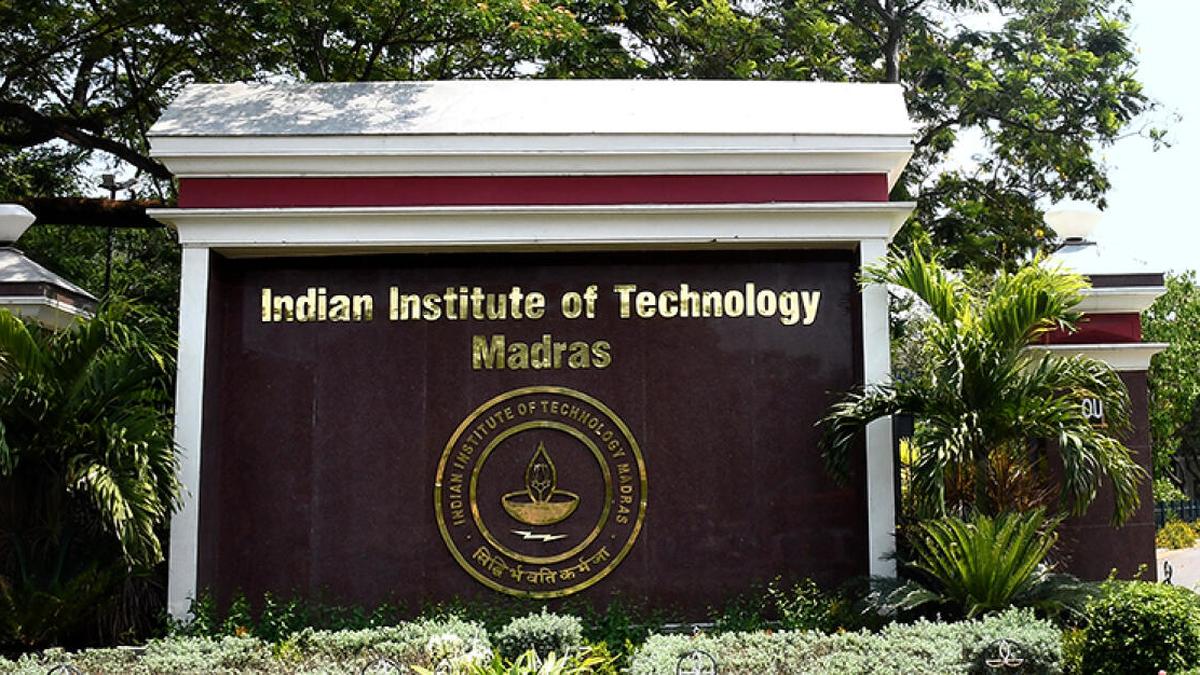



























































































.png)
 (1).png)























